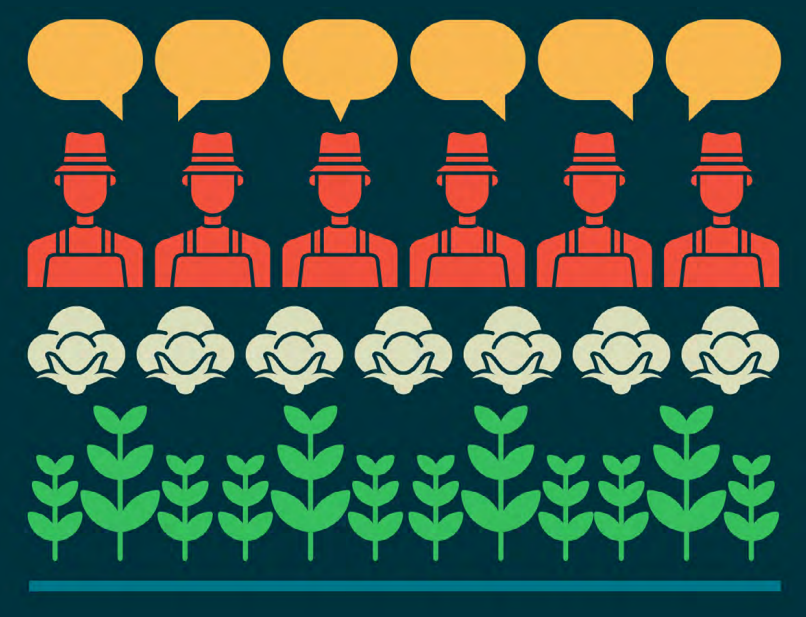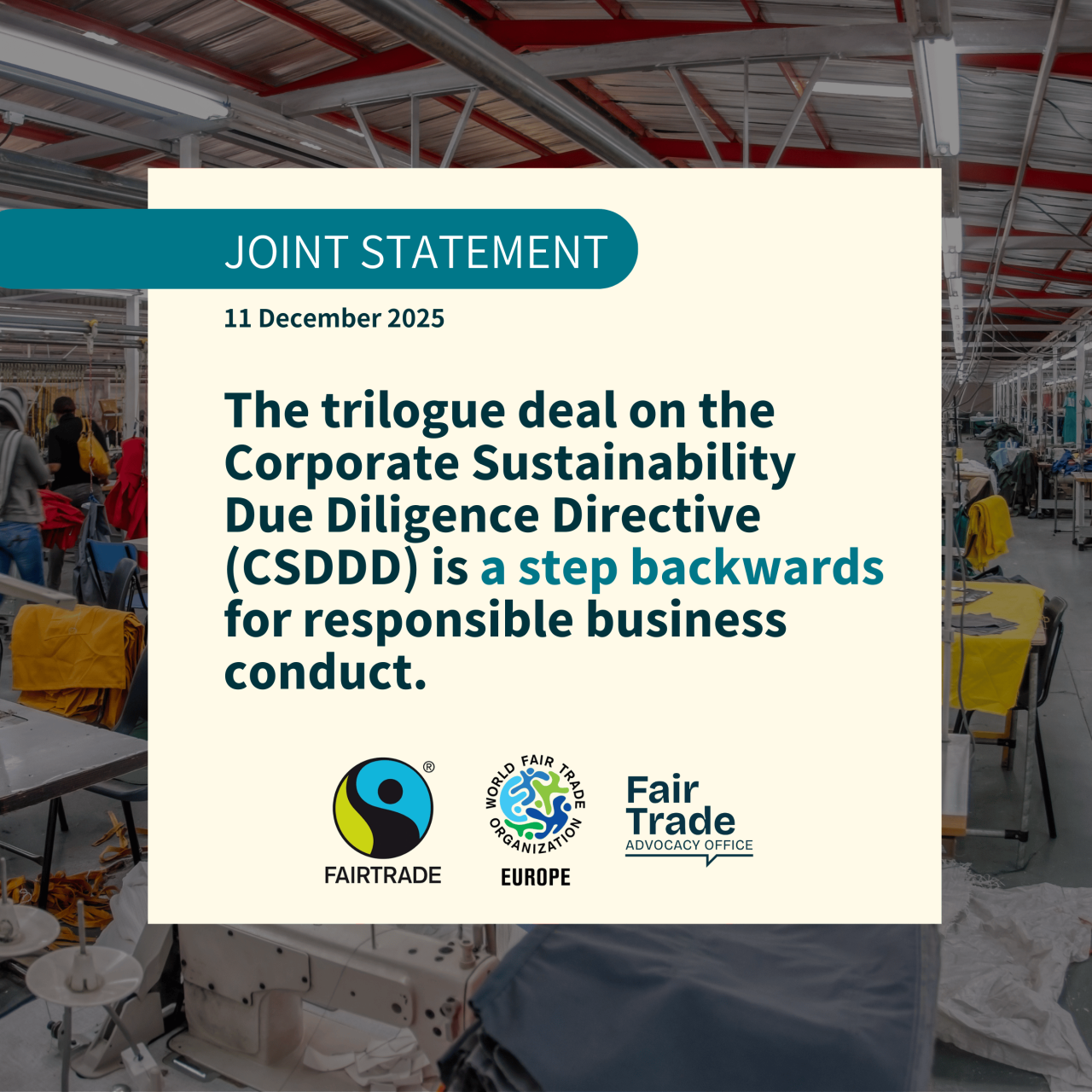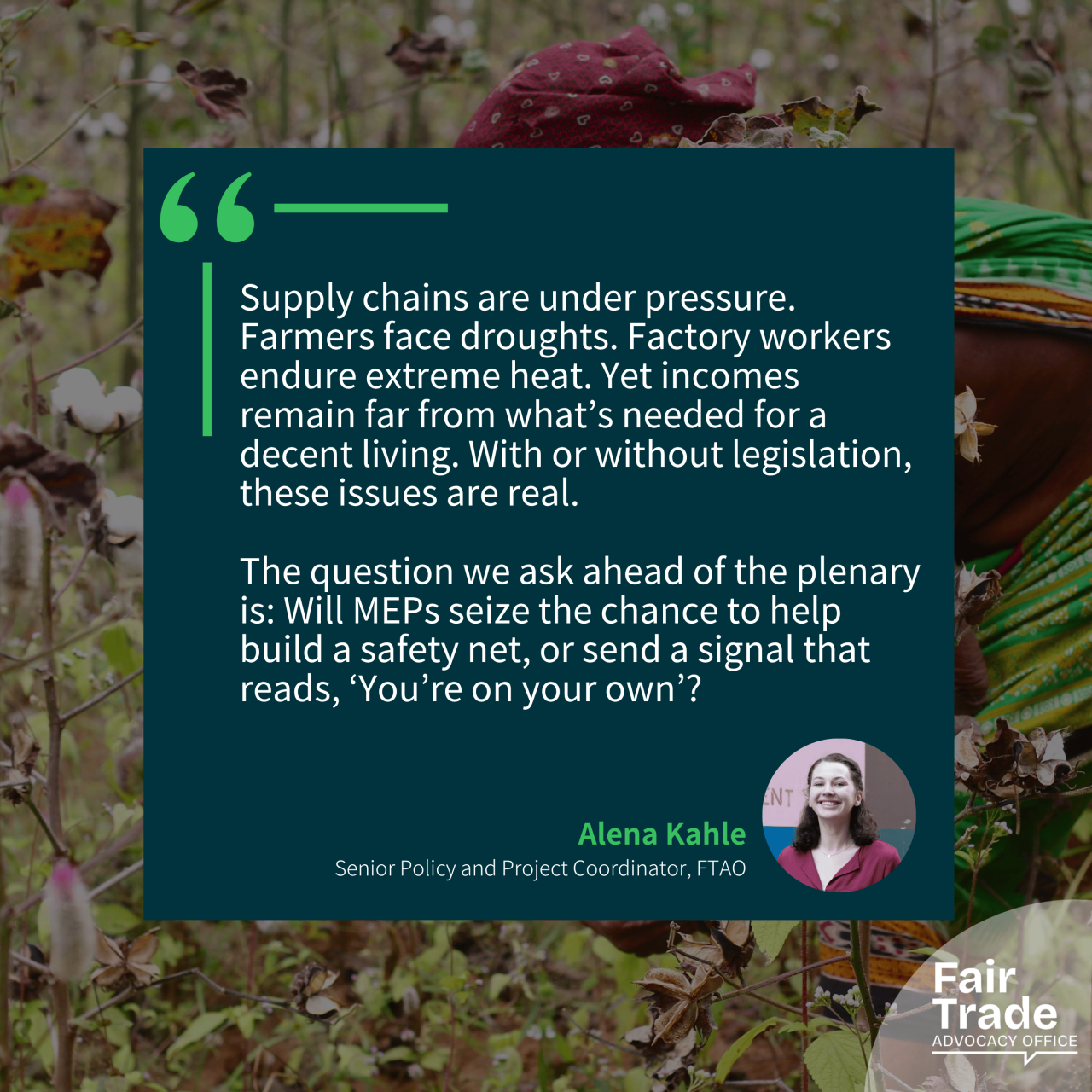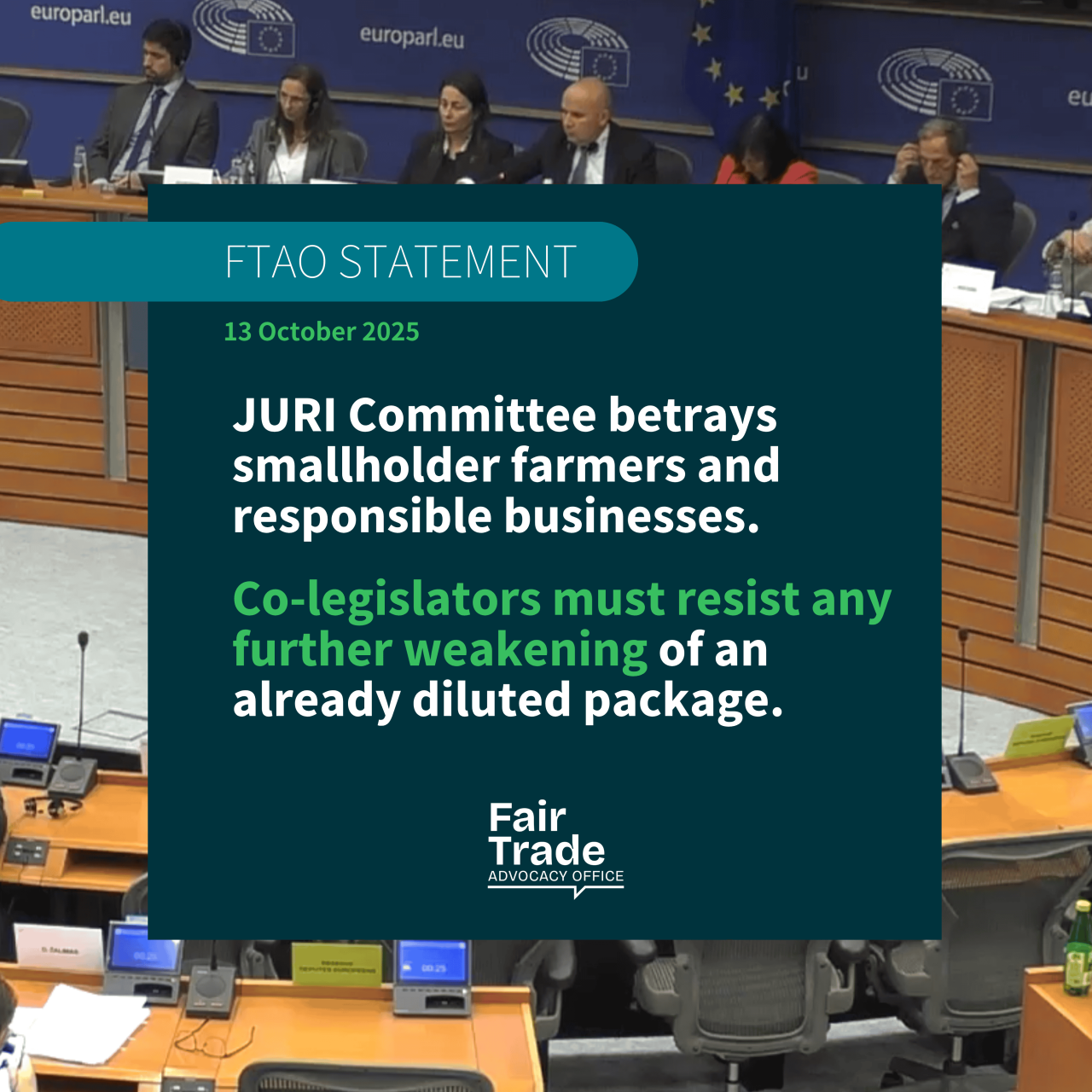Meaningful stakeholder engagement with smallholder farmers in due diligence processes of companies

International human rights principles and several acts of national and international law—such as the European Union’s Corporate Sustainably Due Diligence Directive (CSDDD)—place the expectation on buyer companies to identify and prevent human rights and environmental risks in their supply chain and fix problems if they do occur. This process, known as human rights and environmental due diligence (hereafter referred to as ‘due diligence’ or ‘HREDD’), should include the involvement of people working in, or influenced by, the value chains of buyer companies—a process known as meaningful stakeholder engagement. In spite of the undisputed importance of stakeholder engagement in HREDD, little research has been done on meaningful stakeholder engagement with smallholder farmers in due diligence processes of buyer companies. This research hopes to fill this gap and provide policy recommendations to buyer companies, the European Commission and Member States of the European Union (EU) in implementing the recently adopted Corporate Sustainability Due Diligence Directive.
This report presents the findings of field research in India on meaningful stakeholder engagement with smallholder cotton farmers and tea farmers in Tanzania. The first chapter will present information on smallholder farmers, with specific information on the tea and cotton sectors; chapter two will provide a legal basis, with information on both soft law and European legislation on human rights and environmental due diligence; the third chapter will present the research findings, divided into six paragraphs for each due diligence step; and the final chapter will present recommendations based on the findings.
More From The Workstream

Trilogue deal on CSDDD is a step backwards for responsible business conduct

JOINT STATEMENT: Call for European Parliament to deliver a credible and ambitious approach on Omnibus I

Fair Trade Movement urges MEPs to seize the opportunity to strengthen CSDDD in upcoming plenary vote
